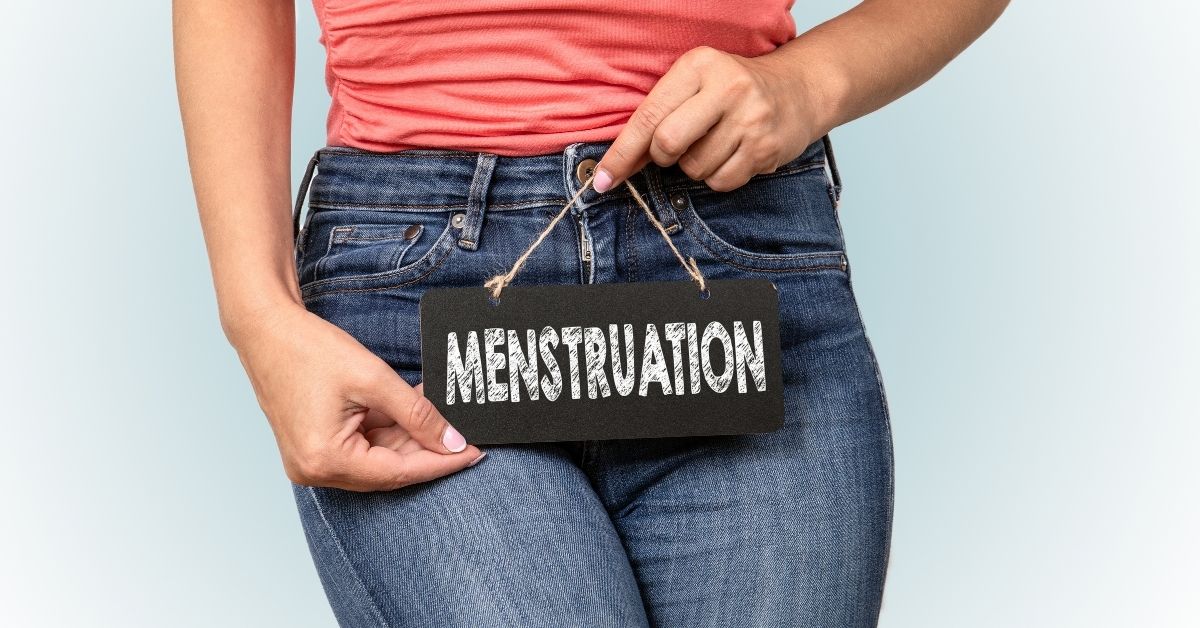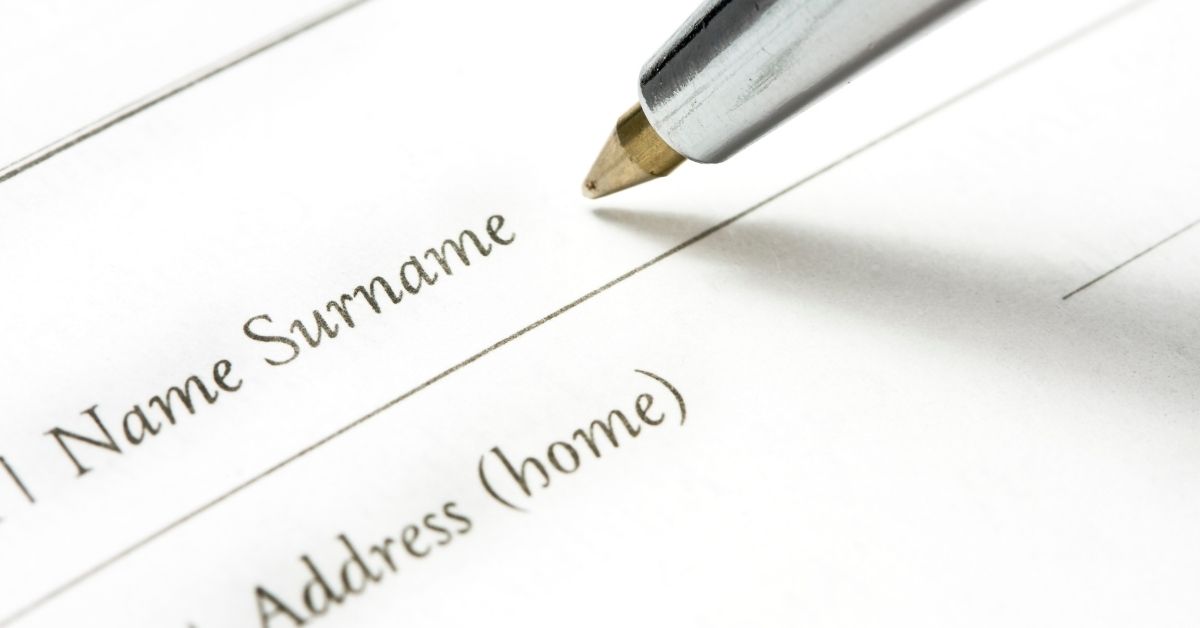When we talk about the challenges of parenthood, the spotlight often shines on new moms. There's a wealth of information about postpartum depression (PPD) in women, from identifying symptoms to seeking help. However, it's crucial to remember that dads aren't immune to the emotional rollercoaster of becoming a parent.
Dads, You're Not Alone!
The transition to fatherhood is a significant life change, filled with joy, excitement, and, often, overwhelming challenges. While many new dads experience a surge of love and pride, some also grapple with feelings of sadness, anxiety, and inadequacy. This is known as postpartum depression (PPD) in dads, and it's a serious issue that deserves our attention.
Why Is This Often Overlooked?
Society often expects dads to be the strong, stoic pillars of their families. The pressure to be the "breadwinner" and the "fixer" can create a mask of invulnerability that hides underlying struggles. Additionally, the focus on maternal health during pregnancy and postpartum has historically overshadowed the emotional well-being of new fathers.
Understanding Postpartum Depression in Dads
PPD in dads can manifest in various ways. You might experience:
- Persistent Sadness or Emptiness: Feeling down or emotionally numb for prolonged periods.
- Withdrawal from Loved Ones: Losing interest in social interactions and family activities.
- Changes in Sleep or Appetite: Difficulty sleeping, oversleeping, or changes in eating habits.
- Increased Irritability or Anger: Feeling easily frustrated or experiencing outbursts.
- Loss of Interest in Enjoyable Activities: Finding no pleasure in hobbies or pastimes.
- Difficulty Concentrating or Making Decisions: Feeling overpowered and unable to focus.
- Feelings of Guilt or Inadequacy: Believing you're not a good enough father.
- Thoughts of Harming Yourself or Your Baby: These thoughts are serious and require immediate help.
It is essential to understand that these feelings are not a sign of weakness. You're not alone, and seeking help is a sign of strength.
Causes of Postpartum Depression in Fathers
Several aspects can contribute to the development of postpartum depression in dads:
- Hormonal Changes: Just as mothers experience hormonal fluctuations, fathers also undergo changes in hormones like testosterone and cortisol, which can affect mood.
- Partner's Mental Health: If the mother is experiencing postpartum depression, the father is at a higher risk of developing symptoms as well.
- Sleep Deprivation: The demands of taking care of a baby can lead to significant sleep loss, which is a known risk element for depression.
- Financial and Relationship Stress: New responsibilities and financial pressures can create additional stress, contributing to feelings of inadequacy and anxiety.
How Can Your Partner Help?
Your partner is your greatest ally in this journey. Open communication is key. Share your feelings with her honestly and without fear of judgment. Encourage her to seek support for her postpartum journey as well, as it can indirectly impact your emotional well-being. Remember, you're in this together.
Things to Avoid
While supporting a partner with postpartum depression, it's essential to avoid certain behaviors:
- Minimizing Their Feelings: Avoid dismissing their feelings or telling them to "just get over it." Validation is key.
- Comparing Experiences: Each person's experience with depression is unique. Avoid comparing their struggles to others.
- Pressuring Them to Talk: While communication is important, pushing a father to share before he's ready can lead to further withdrawal.
Tips for Coping with Postpartum Depression
- Talk About It: Sharing your emotions with a friend, family member, or therapist can provide immense relief.
- Seek Professional Help: A professional can provide guidance and support.
- Prioritize Self-Care: Make time for exercises you enjoy, even if it's just for a short while.
- Connect with Other Dads: Sharing incidents with other new fathers can be beneficial.
- Take Care of Your Health: Physical activity, a balanced diet, and adequate sleep can elevate your mood.
- Limit Alcohol and Caffeine: These substances can exacerbate symptoms of depression.
- Be Patient with Yourself: Recovery takes time, and progress may be gradual.
Conclusion
It's okay to ask for help. You deserve to feel happy and fulfilled as a father. By understanding and addressing postpartum depression, you're taking a vital step towards a happier life for yourself and your family.
If you're struggling, please reach out to a professional or a helpline. There is hope, and you are not alone.








